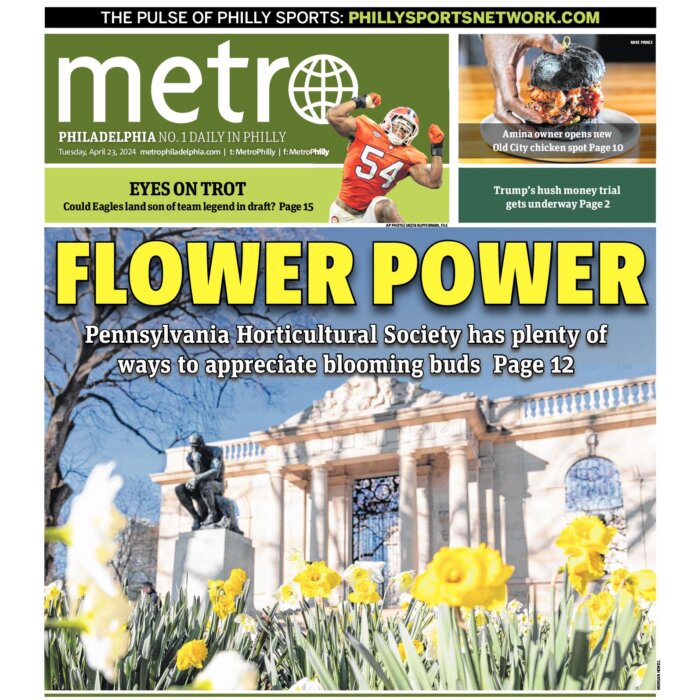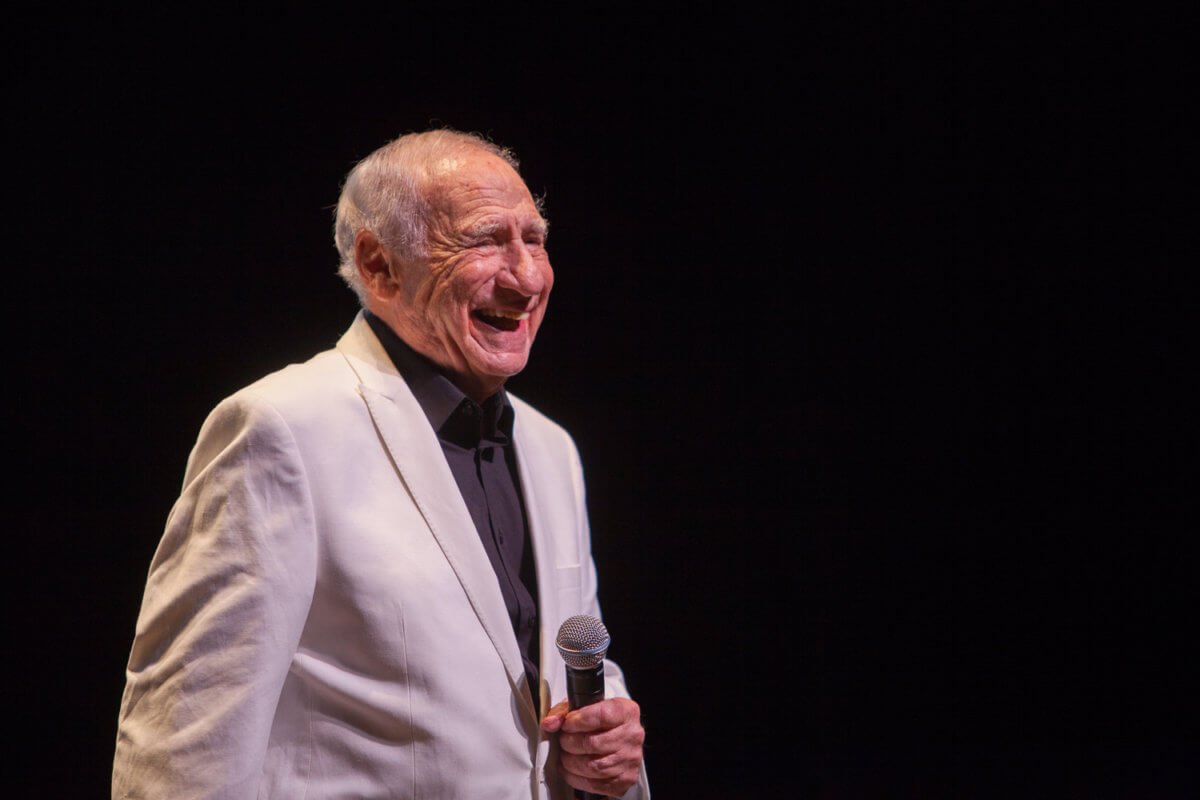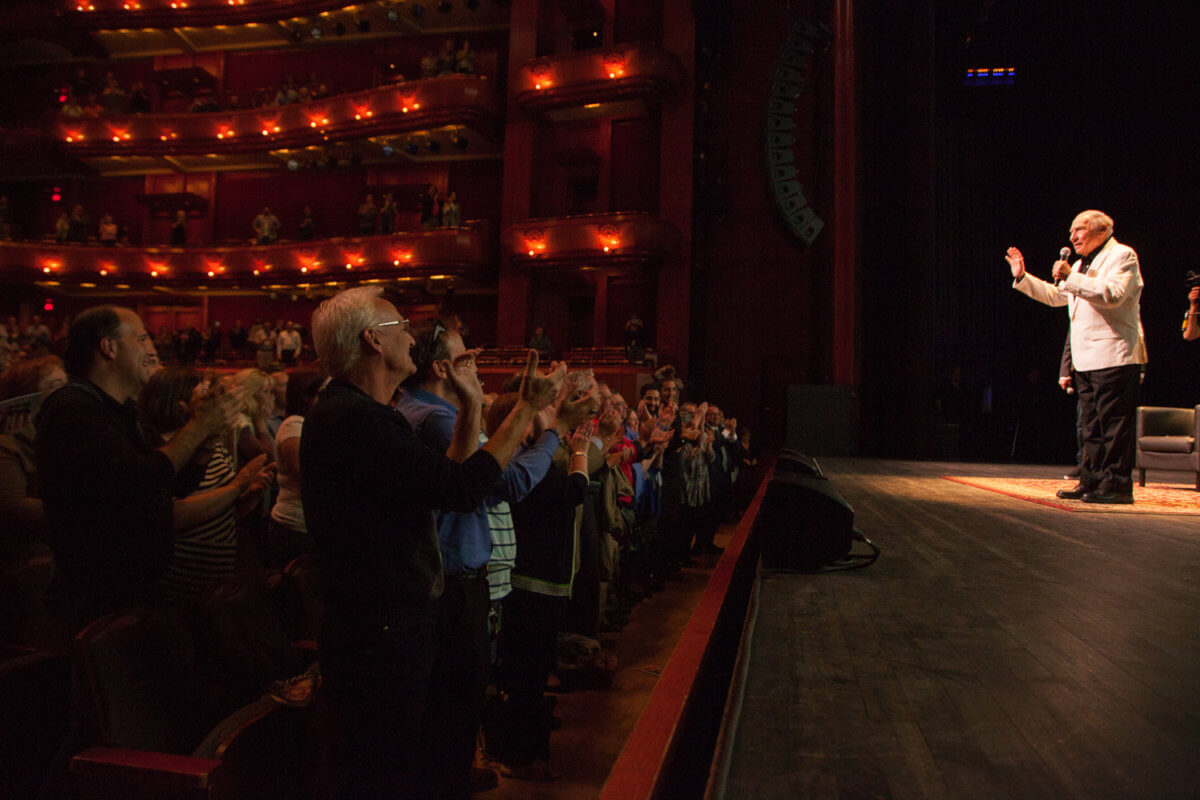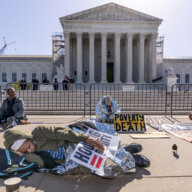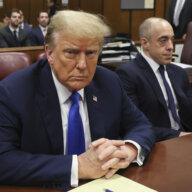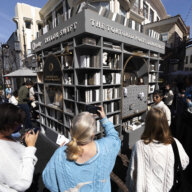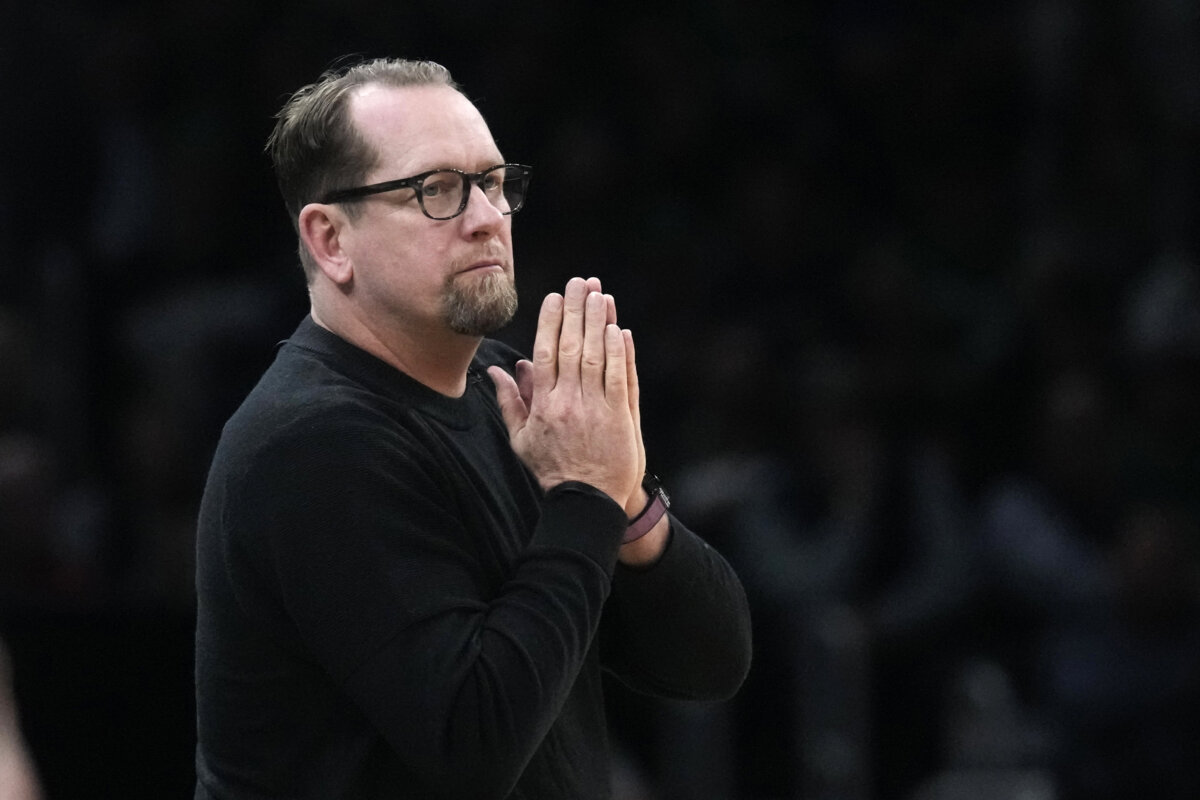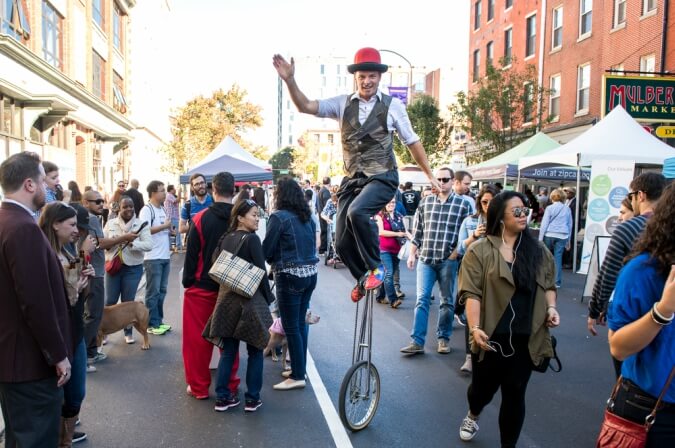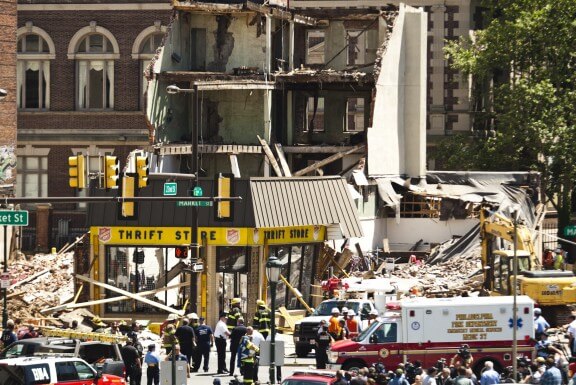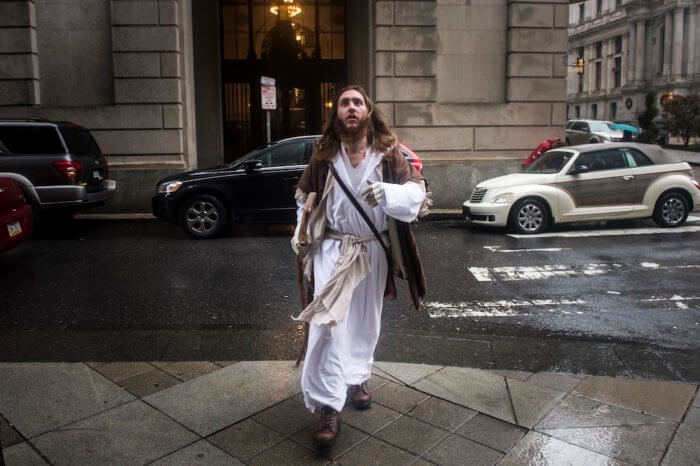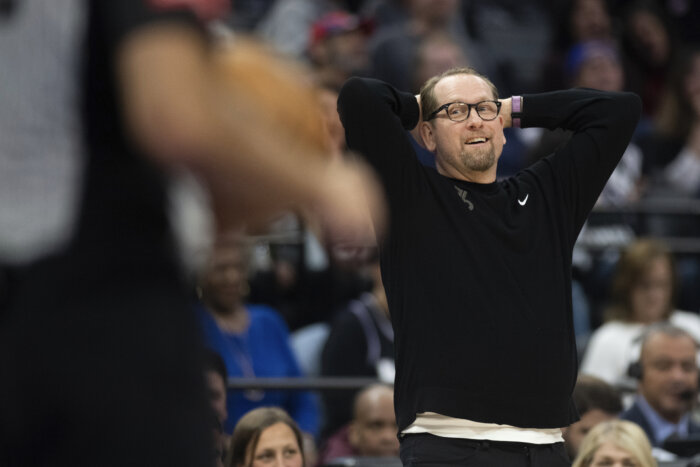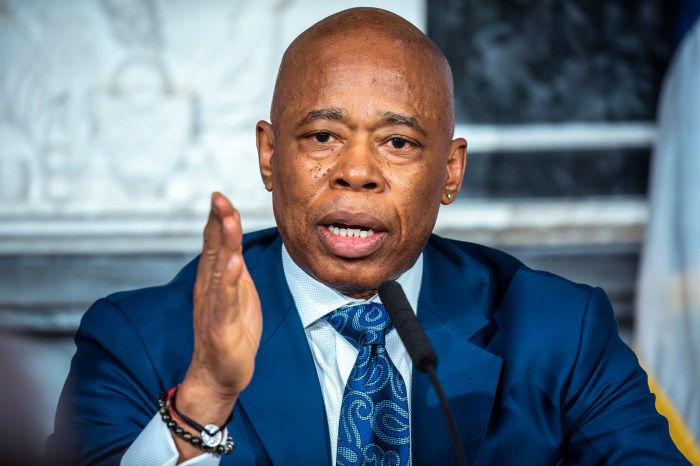Director-writer-comedian Mel Brooks’ 1974 film “Blazing Saddles” is the funniest film of all time. It must be true if Brooks, 89 – the funniest man in the universe, responsible for the Oscar and Tony Award-winning “The Producers”; “Young Frankenstein”; “High Anxiety”; and “Spaceballs” – said so, and is coming all the way to Philadelphia’s Academy of Music to screen his Western-movie parody this weekend. Brooks wasted no time in asking how quickly this interview would be up online. Does Brooks spend lot of time online? “No. I call Carl Reiner and he reports what’s online. He lives for online. And tweeting; he loves Twitter. He’s always giving me the latest on Cruz and Trump.” If you go:
That’s an interesting place to start because I have never thought of you as a political humorist, but there are strong social streaks in your work.
Well, that’s because I’ve never been political. I guess, though, that I’m a as political as Mark Twain, who made ironic jokes about people who ran for office.
You mentioned Donald Trump. What does somebody who has lampooned Adolf Hitler every chance he got think of Trump?
Here’s my take on the whole thing – A.D., back up and get ready – the less that’s said about somebody that you don’t want to win an election, the better. The more you say it, that makes it a living thing. I email Dick Cavett once a month, and he asked me, do I think America wants to turn off this reality show? As much as they want the Kardashians, they want Trump. Trump invades Libya. Trumps weds 16-year-old Chinese war orphans. America wants to be entertained. They don’t give a s— about who runs the government. That’s what I’m afraid of – that showbiz is bigger than government.
So you’re more of a Clinton or a Sanders guy?
I like them both. I was born in Brooklyn so I know guys like Bernie. I understand his bursts of emotion … outbursts of energy for no reason at all. What I like about him is that he is a beautiful dreamer. I love that he thinks that the very rich should pay a little more tax, that we should be able to send our kids to college without going into debt, that affordable single-payer health care should be extended to everybody . You’d be crazy not to think these are good dreams.
And no more military hardware.
Right. You know I was in World War II. I didn’t get my just due. I should have received the Congressional Medal of Honor for ducking and surviving an eating Army C rations. Did you know I became a corporal? Not a phony baloney one, but a real corporal.
Do you feel as if those leadership skills may have led you to directing?
Hmm. No, it was about protecting the work. The writing. To make sure that my scripts were cast properly. You get a Gene Wilder and Madeline Kahn, and just give them the script. You don’t even have to tell them what do – that’s casting.
Before that though, did you tire of the group-writing mentality that you used throughout the ’50s on television’s “Your Show of Shows?”
That’s true, to an extent. I mean, it wasn’t bad. It was fun, but of course you want to do your own thing. Then again, I used that that same teamwork with “Blazing Saddles.” There were five of us on that script including Richard Pryor, me and Andrew Bergman. We were in deep, dark territory — a black sheriff coming into a white town. We had to know what we were doing so that we were careful about storylines and structure as well as just the off-the-wall jokes. As a matter of fact, I do think that “Blazing Saddles” is the funniest movie ever made.
Ever?
Anything ever. I’m including the funny Italian films and English comedies, as well as my own “The Producers.” I’m challenging the American Film Institute, you know? They stated that “Some Like it Hot” was the funniest film ever made. Now, it’s a wonderful movie — terrific. I’m having a laugh off later this summer in Los Angeles. We’re going to screen each movie. I predict a landslide of laughter for “Blazing Saddles.”
Your level of parody is based on accuracy and meticulous writing. Where does improvisation fit in?
It doesn’t. There is little or no improvisation in my films. You don’t get lucky in film with that — only on stage.
What sort of relationship did you and Richard Pryor have before Saddles?
We were both stand-up comics in the Village. He’d do his act, I’d do mine and we’d meet for Chinese food. Later, when I did “Blazing Saddles” I told him there was real money in writing this, that and that I’ll pay for lunch — which for him was Remy Martin. He was very fond of lunch — a very funny, sweet man. One time, he was really sick and couldn’t do his show, and he called me in a slurred voice and said ‘Melllllllll I can’t do the show. I need you to go on for me.’ So I did his show. The whole bit. It’s not easy being black, and I talked about having a black grandmother.
Did John Wayne really turn down a role in “Blazing Saddles?”
He did. I wanted him to play the Waco Kid, because the Duke was such a good actor. His reality is that he is the cowboy Western. We were in the commissary at Warners, I gave him the script and he promised he’d read it overnight. The next morning I saw him and he says that he loves it — every beat, every line — but that it’s too blue, that it would disappoint this fans. He said though that he would be the first one in line to see it.
Do you feel as if you’re coming around now with “Blazing Saddles” has anything to do with America needing to laugh about how blacks and whites relate to each other rather than face the tension we’re currently living with?
I didn’t feel that way before but, but I’m going to steal that from you if that’s OK, A.D. That’s great. I’m going to tell anyone else who interviews me that that’s the way I feel. Looking at it from a distance now — we can use that — we need it. There’s a lot of fracture within us. How could we drift back so far after all the ways we have progressed? I think “Blazing Saddles” could help cement our relationships, which is funny considering that there is very little that I have not exploited or destroyed in terms of race and creed.
Mel Brooks discusses and screens “Blazing Saddles,” Saturday May 21 at 8 p.m. at the Academy of Music, 240 S Broad Street. $39-$119. 215-790-5883, kimmelcenter.org
